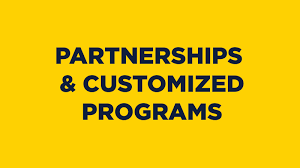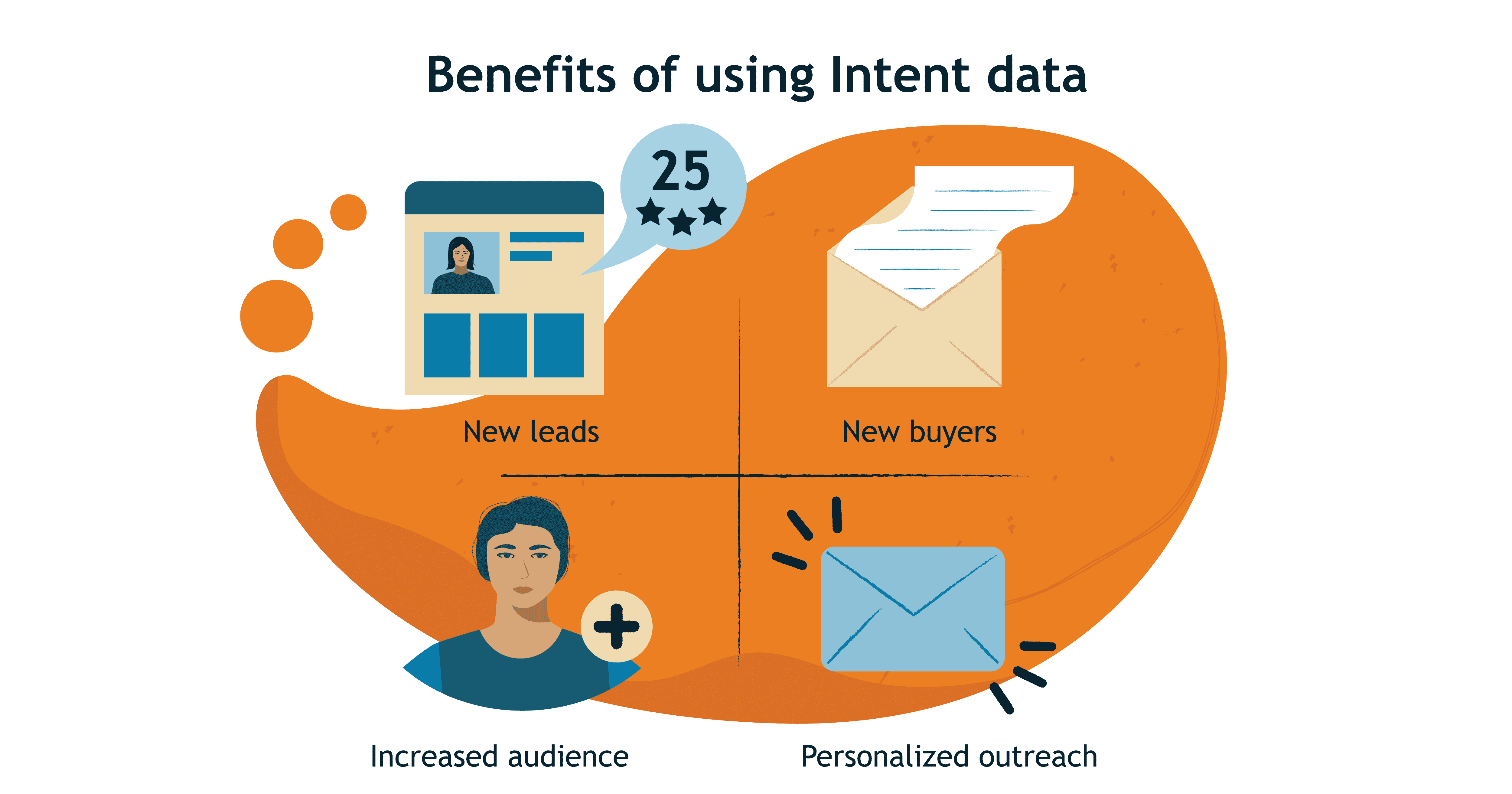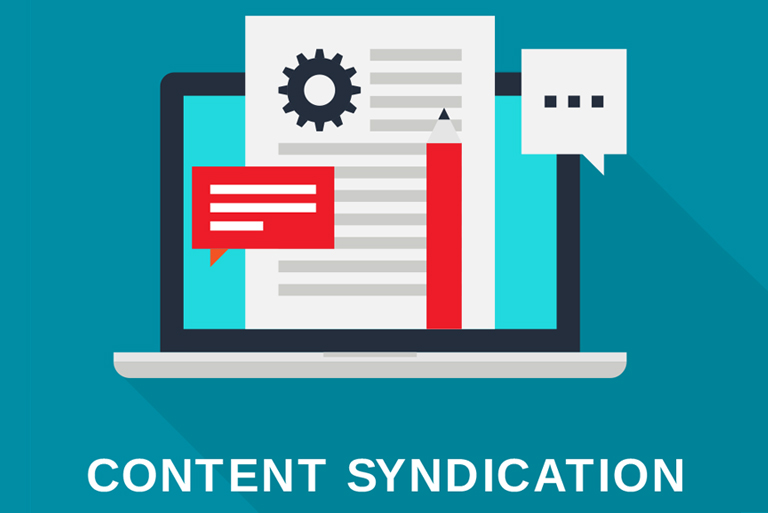Unleashing customized programs for maximum impact in the B2B field requires a strategic approach that aligns with the unique needs, goals, and dynamics of business-to-business relationships.
Here’s a guide on how to effectively implement customized programs to drive meaningful results:
1. Understand B2B Partner Needs:
- Comprehensive Needs Assessment: Conduct a thorough analysis to understand the specific challenges, pain points, and aspirations of your B2B partners. This involves gathering insights through surveys, interviews, and data analytics to inform the customization process effectively.
- Segmentation and Targeting: Segment your B2B partners based on industry, size, geographic location, and other relevant criteria. Tailor your programs to address the distinct needs and preferences of each segment, ensuring relevance and resonance.
2. Foster Collaborative Partnerships:
- Engage Stakeholders: Foster open communication and collaboration with key stakeholders within your B2B partner organizations. Solicit feedback, involve decision-makers early in the customization process, and establish clear channels for ongoing dialogue and collaboration.
- Co-Creation Opportunities: Explore opportunities for co-creating customized programs with your B2B partners. Invite their input, leverage their domain expertise, and co-design solutions that address mutual objectives and drive shared value.
3. Leverage Technology and Innovation:
- Technology Integration: Embrace technology as an enabler of customization in the B2B space. Leverage advanced analytics, artificial intelligence, and digital platforms to gather insights, personalize experiences, and deliver targeted solutions at scale.
- Innovative Solutions: Stay abreast of emerging trends, market dynamics, and technological innovations that can inform your customized programs. Be proactive in exploring novel approaches and solutions that can add value to your B2B partnerships and differentiate your offerings in the market.
4. Prioritize Flexibility and Adaptability:
- Customization Frameworks: Develop flexible frameworks and modular solutions that can be easily adapted to meet evolving needs and changing market conditions. Allow for customization at various touchpoints along the B2B journey, from product design and pricing to service delivery and support.
- Agile Methodologies: Embrace agile methodologies and iterative approaches to program development and implementation. Foster a culture of experimentation, rapid prototyping, and continuous improvement to ensure that your customized programs remain responsive and relevant over time.
5. Measure Impact and Drive Continuous Improvement:
Performance Metrics: Define clear performance metrics and key performance indicators (KPIs) to measure the impact of your customized programs. Track progress against predefined benchmarks, gather feedback from B2B partners and analyze data to assess program effectiveness and ROI.
Iterative Learning: Treat customization as a journey of continuous learning and improvement. Capture lessons learned, identify areas for enhancement, and iterate on your programs based on insights gained from real-world implementation and feedback loops.
Conclusion:
By following these guidelines and embracing a customer-centric mindset, businesses can unleash the full potential of customized programs in the B2B field, driving maximum impact, fostering strategic partnerships, and achieving sustainable growth in today’s competitive landscape.





